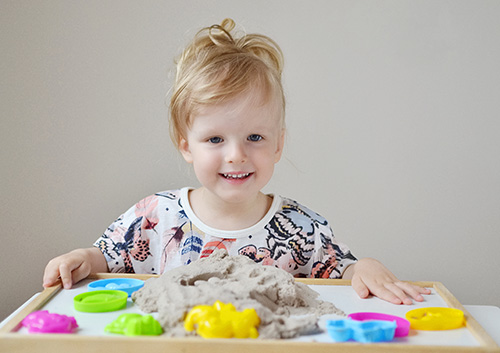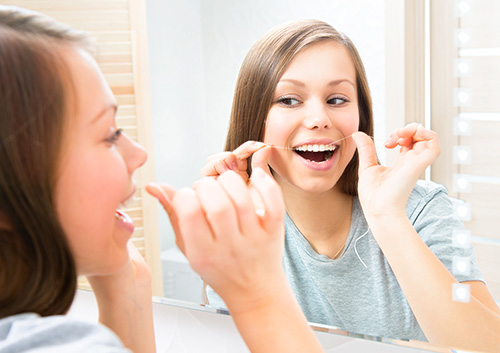
Whether it’s your first child or you’re an experienced mom, pregnancy is an exciting time—which you’ll be able to enjoy much more once the days of morning sickness are over.
Morning sickness affects most pregnant women, and can present in any number of ways. It might take the form of mild nausea, or cause frequent vomiting. It often occurs in the morning hours, but can take place at any time of day. It’s usually over with by the second trimester, or it can last weeks longer. Because of this wide variety of symptoms, morning sickness is more accurately referred to as NVP, the nausea and vomiting of pregnancy.
Your doctor can recommend safe and effective ways to deal with NVP, especially when symptoms are more severe. We have some recommendations to minimize the effect of morning sickness on your dental health.
Wait, dental health? That’s right. Besides its more obvious unpleasant consequences, NVP can cause problems for your teeth and gums. We have a few suggestions for getting you through the weeks of morning sickness with easy and effective strategies to protect your oral health.
Prevent Acid Damage
Vomiting and heartburn with reflux expose the teeth to stomach acids. Tooth enamel is the strongest substance in the body, but it’s not safe from acid attacks.
Normally, the pH balance in our mouths is neutral, around a 7 on a scale of 0 to 14. When acidic conditions lower the oral pH to 5.5 or below, the minerals in enamel begin to dissolve, leading to sensitivity and, eventually, cavities. The pH of our stomach acid ranges from 1.5 to 2.5. This is great for digesting food, but not great at all for enamel and sensitive gum tissue.
Whenever we vomit, the immediate (and understandable!) impulse is to reach for our toothbrushes. But this is an impulse we should resist. Because acids weaken tooth enamel, scouring the teeth with a toothbrush right away can cause more erosive damage. Instead,
- Wait half an hour or more before brushing to give your enamel time to recover its strength.
- In the meantime, rinse with water and perhaps a bit of toothpaste or diluted, doctor-approved mouthwash.
Keep Hydrated
Another consequence of frequent vomiting is dehydration. It’s always important to keep our bodies properly hydrated, and this is particularly true during pregnancy.
Hydration is also essential for oral health. Saliva helps wash away the bacteria and food particles which cause cavities and irritate the gums—especially important now, since pregnancy hormones can leave you more vulnerable to gingivitis and other forms of gum disease.
- Drink water as recommended by your doctor. It’s healthy, it hydrates, and it helps prevent cavities and gum disease. Win/win/win.
- Whichever fluids are your favorites, drinking them in measured amounts through the day will be more effective and more appetizing than drinking large amounts once or twice a day to catch up.
- You have a busy life, so make things easy on yourself. If you need to hydrate more, keep track of your hydration goals with an app or a phone notification. There are even “smart bottles” to track your intake. Or go old school, and fill a bottle marked with timed measurements to remind you to hydrate through your day.
When The Very Idea of Brushing Is Nauseating . . .
When just the thought of brushing is unappetizing, we have suggestions which might help.
- Postpone brushing until later in the day when you feel better. Rinse with water first thing in the morning instead.
- Trade in your regular toothbrush for one with a smaller brush head. This can help prevent the gag reflex.
- Brush slowly, using small strokes.
- If brushing the back teeth is particularly triggering, try deep breathing or sitting down to brush.
We want to help you enjoy a healthy pregnancy. Let us know when you first learn you’re pregnant. We have some valuable tips for the coming months, including suggestions for reducing the dental effects of NVP. Fortunately, morning sickness is temporary, and we’re here with ideas to help your beautiful smile last a lifetime!






